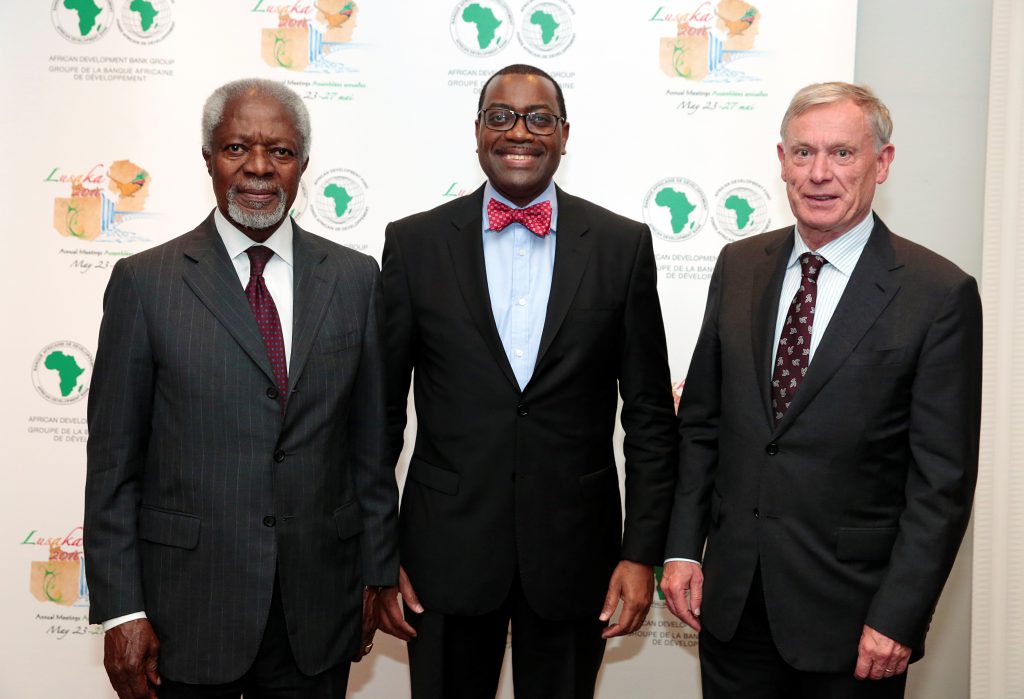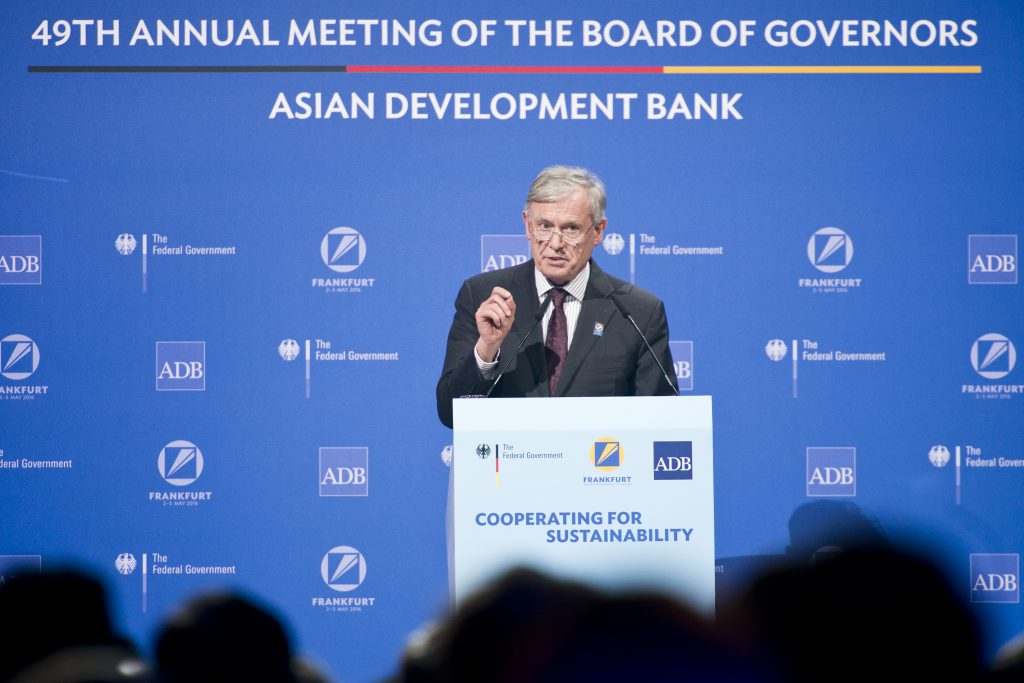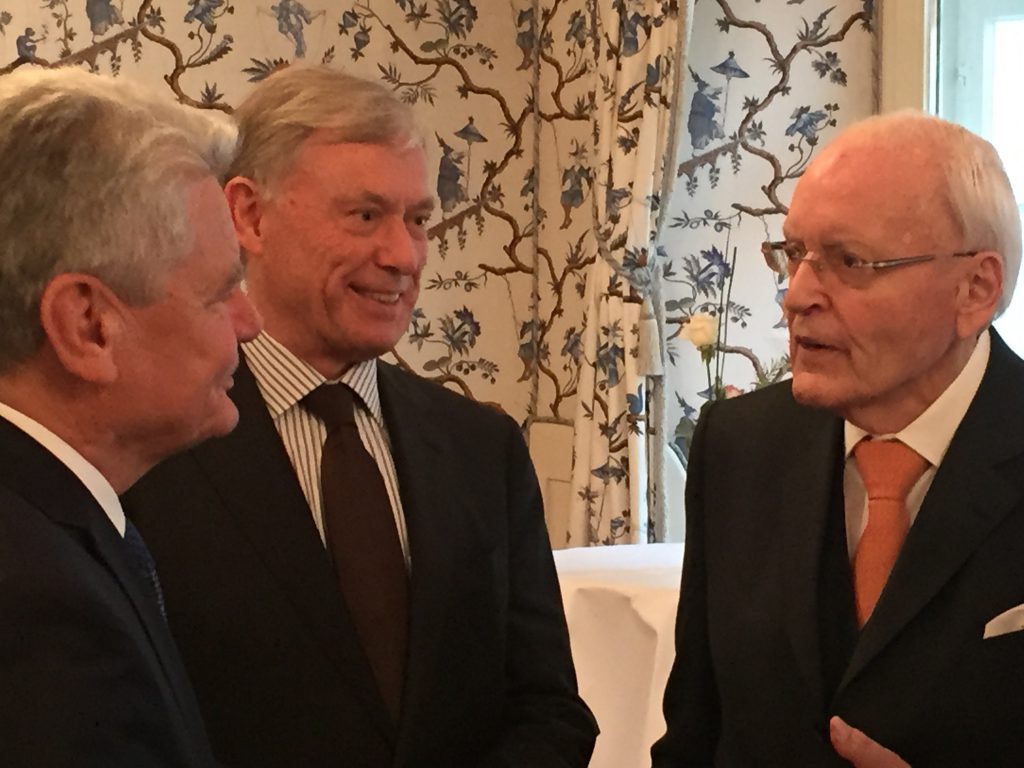“Interdependence forces us into cooperation: No country, as powerful or as rich as it may be, will be able to sustain its prosperity without taking into account the perspectives of other countries.”
Former President Horst Köhler
Global Partnership
The face of the world is changing rapidly. The rise of emerging market economies is causing geopolitical power shifts, the transatlantic relationship has cooled down, and the process of European integration appears stalled. Current crises and conflicts are making the world appear more insecure to many people and raise the question how international cooperation can succeed in the future.
An interdependent world
Today all countries on Earth are interconnected in complex and multifaceted ways. The forces of globalization are at work in every corner of the world – both for the good and for the bad. The major challenges of our times transcend national boundaries. As a result, not even the biggest and most powerful countries can solve these problems single-handedly. That makes us dependent on one another. Ecologically, this is reflected in the cross-border nature of climate change which affects everyone. Economically and socially, our mutual dependency becomes visible not least in global migration patterns. The increasing number of people seeking refuge in Europe is but one example.
National politics must come to terms with these global realities of the twenty-first century. International cooperation – not confrontation – must be the answer to current crises. We are therefore in need of a new leitmotif of global partnership and cooperation which works to our mutual benefit.
Strenghtening the United Nations
The United Nations remain the most important vehicle for peaceful conflict resolution and international cooperation. Despite all setbacks, two landmark decisions were taken in 2015: Both the Paris Agreement on Climate Change and the United Nations 2030 Agenda for Sustainable Development show that cooperation is possible. Now we need to make sure that these bold decisions are implemented quickly and successfully.
Selected speeches on the topic
“The world has witnessed this during the financial crisis, when the failing housing market of a single country caused a global recession of gigantic proportions.We witnessed it during the Ebola crisis, where a deadly virus in West Africa put hospitals all over the world in high alert. And when a country like China thinks about a quota for electric mobility, car manufacturers from Germany to the US frantically try to understand what that means for their business models.”
Horst Köhler, Citizenship in a Global Age – Personal Reflections on a Political Conundrum, 6 September 2017
read more“The erosion of trust in institutions and public leaders is, in my view, one of the major causes for the political and economic problems in Europe, the United States, or in Africa. It is also the foundation for productive cooperation in international politics.”
Horst Köhler, Trust and truthfulness: thoughts on political leadership in an interdependent age, 7 April 2017
read more“The successful creation of the United Nations ... is a salutary reminder to all those who once again seek salvation by retreating behind the nation state and to all those who see their own defeatism as realism, their lack of political vision as realpolitik.”
Horst Köhler, The end of humankind’s dream? The United Nations in the 21st century, 21 October 2015
read more

